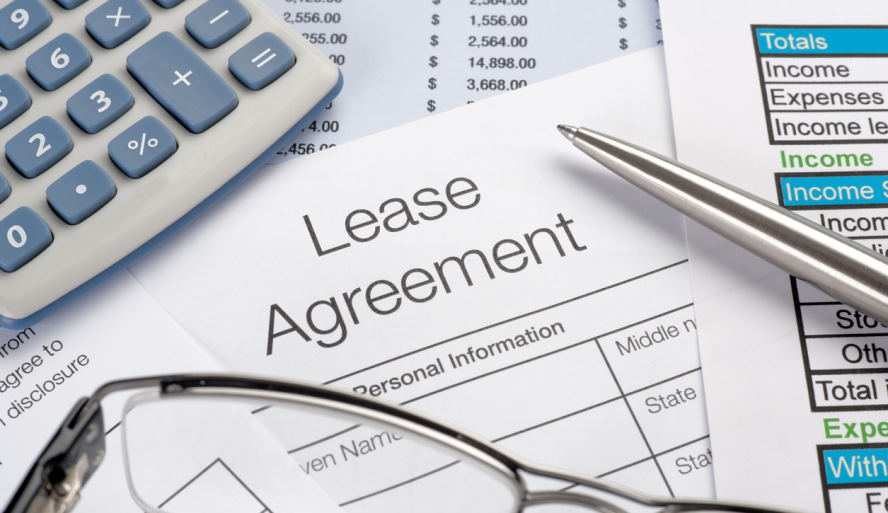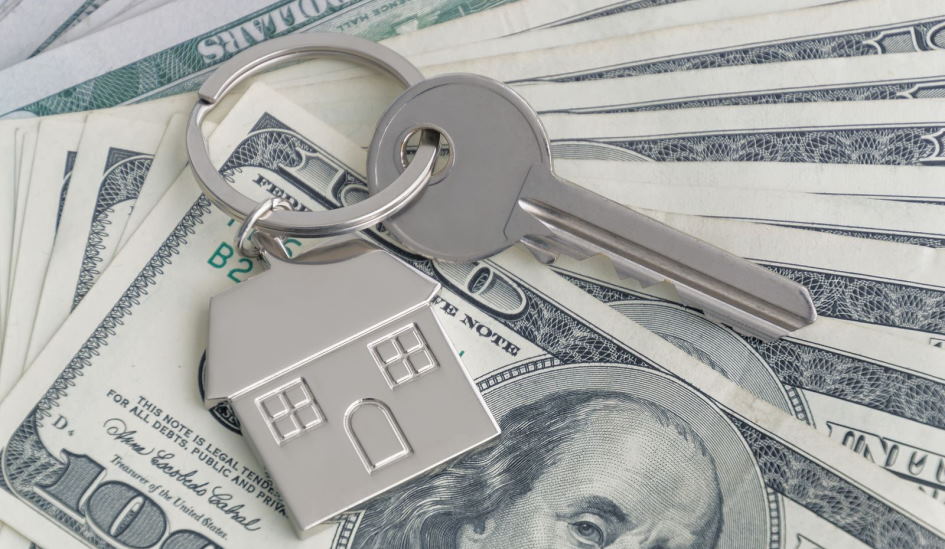The Ultimate Guide to Negotiate Rent and Save Money
Do you feel like you are paying too much for rent? Are you struggling to make ends meet each month? If so, you’re not alone. Rent can be expensive, but there are things you can do to reduce the cost. This post will teach you how to negotiate your rent and save money. Keep reading for tips and advice on how to get the best deal on your next rental.
How to negotiate lower rent as prices soar
Are you looking to save money on your rent? If so, then it’s time to start negotiating with your landlord.
This guide will show you how to negotiate rent and save money each month. We’ll also provide helpful tips on what to say (and what not to say) during negotiations.
Let’s get started!
What is Rent Negotiation?
Rent negotiation involves discussing a lower rental rate with your landlord or property manager. Typically, tenants will try to negotiate rent when their lease is up for renewal. However, you can also negotiate rent if you move into a new apartment or house.
Why Negotiate Rent?
There are a few reasons why you might want to negotiate your rent. For one, it can help you save money each month. If you can lower your rent successfully, that’s more money in your pocket each month that you can use for other expenses.
Negotiating rent can also show your landlord that you’re a good tenant. If you have a history of paying your rent on time and taking care of the property, your landlord may be more likely to work with you on the rental rate.
Finally, negotiating rent can give you some leverage if issues with the property need to be addressed. For example, if there are repairs that need to be made or if the property is not being maintained properly, you can use rent negotiation as a way to get these issues resolved.

When to Negotiate Rent
The best time to negotiate rent is when your lease is up for renewal. This is because your landlord will already be expecting you to discuss the rental rate at this time. Additionally, negotiating rent at lease renewal gives you the most leverage since you can threaten to move out if your landlord doesn’t agree to a lower rate.
However, you can also try to negotiate rent when you first move into a property. In this case, it’s important to be upfront about your intentions from the start. For example, you might say, “I’m interested in this property, but I’d like to try to negotiate the rent before signing a lease.”
If the landlord or property manager is open to negotiation, then you can proceed with trying to lower the rent. However, if they’re not open to negotiation, it’s probably not worth pursuing the rental further.
How to Negotiate Rent
Now that you know when to negotiate rent let’s look at how to do it. Here are some tips on how to successfully lower your rent:
- Do Your Research
Before you start negotiating rent, it’s important to do your research and know what you’re talking about. This means knowing the current market value for rent in your area.
You can use special websites to find your area’s average rental rates. Once you have this information, you can use it as leverage when negotiating rent with your landlord.
- Start Early
When it comes to negotiating rent, timing is everything. The sooner you start negotiations, the better. For example, if you know your lease is up for renewal in six months, start talking to your landlord about a lower rental rate now. This will give them time to budget for a lower rate and may make them more likely to agree to your request.
- Be Flexible
When negotiating rent, it’s important to be flexible. This means being willing to compromise on the length of your lease or the amenities included in your rental.
For example, if you’re trying to lower the rent on a one-year lease, you might be willing to sign a two-year lease instead. Or, if you’re trying to lower the rent on an apartment that includes utilities, you might be willing to give up utilities in exchange for a lower rate.

- Put It in Writing
Once you and your landlord have agreed to a lower rental rate, it’s important to put it in writing. This way, there’s no confusion about the new terms of your lease, and you can avoid any potential legal issues down the road.
- Be Prepared to Walk Away
If your landlord doesn’t agree to a lower rental rate, then be prepared to walk away from the rental. This may mean finding a new place to live, but it’s important to stick to your guns and not overpay for rent.
- Know Your Limits
When negotiating rent, it’s important to know your limits. This means knowing how low you’re willing to go on the rental rate and being prepared to walk away if your landlord doesn’t agree to your terms.
- Be Professional
When negotiating rent, it’s important to be professional at all times. This means avoiding any confrontational or disrespectful behavior. Additionally, communicating with your landlord is important to be clear and concise.
- Have a Backup Plan
Finally, when negotiating rent, it’s important to have a backup plan in case your landlord doesn’t agree to a lower rate. This may mean finding another rental property or being prepared to move out if your landlord doesn’t agree to your terms.






